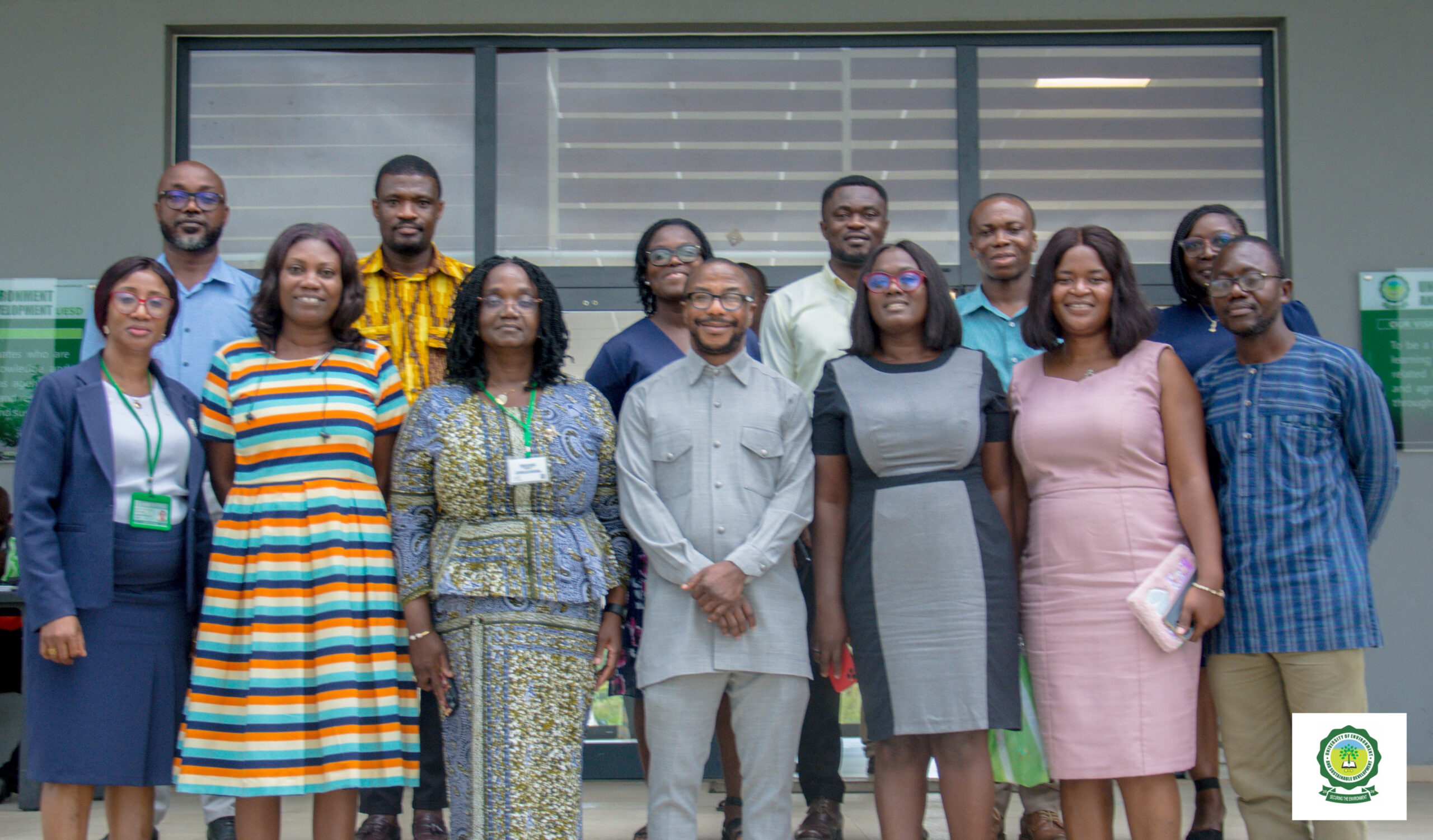Faculty Officers, Assistant Registrars, and Junior Assistant Registrars at the School of Sustainable Development(SSD) and the School of Natural and Environmental Sciences (SNES) have participated in a refresher course designed to give them a deeper understanding of the roles they play. Four resource persons led the session, including the Pro-Vice-Chancellor, Prof. Edward Wiafe Debrah, and Registrar, Mrs. Mary Abena Agyepong which took place in the Council Chamber.
Prof. Wiafe Debrah, spoke on, “Managing Compliance” which covers the fundamentals and purposes of rules and standards. According to him, rules and regulations must be established for any legitimate organisation to grow and continue its operations.
He went on to say that understanding the standards and upholding them also protects the company from the dangers of non-compliance, such as monetary losses and conflict in the workplace. Compliance helps to promote trust and credibility within the University community, particularly among staff and Management.

The Pro-Vice Chancellor stated that the University will avoid the dangers associated with compliance if its employees adhere strictly to established procedures and standards.
Speaking about “Upholding the University’s core values – values, integrity, respect, loyalty and commitment,” the Registrar, Mrs. Mary Agyepong, said, UESD’s core values of Opportunity, Perseverance, Honesty, and Enterprising should always be every employee’s “north star” in their pursuit of helping the university succeed,
For the University to fulfill its vision of becoming a hub for the collection and sharing of knowledge about the environment for the benefit of the general public, it is necessary to acknowledge the appropriate procedures, guidelines, and staff members who are willing to follow the university’s rules.
Mrs. Agyepong urged the participants to exhibit integrity in all matters relating to their duties. She stimulated them to act honourably in all aspects of their jobs. Integrity, according to her, is the quality of being incorruptible, wise in judgment, and full of ideas.
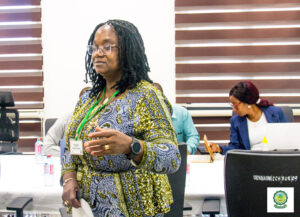
The Registrar said, UESD can have the best procedures, guidelines, and values in the world, but without respect for students or staff members and management, the University’s goals and desires cannot come true. She exhorted them to work tirelessly for the University’s benefit while remembering that they must respect relationships, authority, and the institution’s rules, regulations, policies, and guiding principles.
Delivering on the topic, “Role of Faculty Officers and quality assurance process”, Dr. Richard Amfo-Otu, the Head of Academic Planning and Quality Assurance Unit (APQAU) spoke on the need for UESD to have its own set of standards. He says that though the Ghana Tertiary Education Commission (GTEC) has general standards for Universities, UESD is also required to set its own.
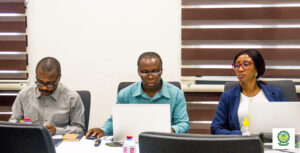
He clarified that improving service delivery is the primary goal of standard setting at all times and revealed that the Quality Assurance Policy on standards has already been prepared by UESD, and is awaiting submission to the University’s Governing Council for consideration and eventual approval.
The Head of the Human Resource Division, Mrs. Rose Nandara Faanu, speaking on “Managing People” classified the various types of employees and categorised them into five (5) classes. These are; the hardcore unemployed, job jumpers, eager beavers, pluggers, and the Real McCoy.
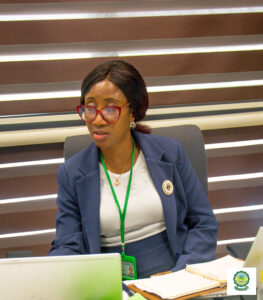
She stated that every kind of employee has unique characteristics. The hard-core unemployed, for example, lacks desire and goals and is unwilling to put in a lot of work. This particular group of employees hardly show up for work. On the other hand, the job hopper is a skilled, diligent worker who picks up new skills quickly and adjusts to changing circumstances. But when they feel like they are not making progress, they are likely to quit since they do not value their time being wasted.
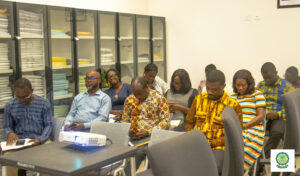
According to Mrs. Faanu, it is the responsibility of the UESD Management to categorise staff members based on their roles so that the right response systems may be developed to interact with them.

